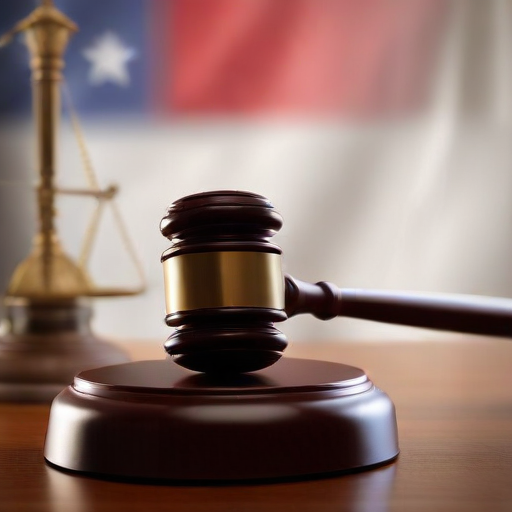The Illinois Supreme Court has ruled to reverse Jussie Smollett’s conviction for allegedly staging a hate crime against himself in 2019, stating that he should not have faced prosecution a second time. The court did not address the actual merits of the case but emphasized that Smollett’s constitutional rights were violated during the second prosecution after the initial charges were dropped, which was part of a plea agreement negotiated by the state’s attorney.
Legal analysts noted that this decision centers on the fundamental legal principle that agreements made by prosecutors must be honored, highlighting the importance of due process in the judicial system. Jussie Smollett has always maintained his innocence regarding the charges, which included five counts of disorderly conduct. He was initially convicted in 2021 and sentenced to 150 days in jail, although he served only six days before being released on appeal.
The court argued that allowing a second prosecution after the dismissal of original charges went against established legal practices and could undermine public faith in the judicial system. Smollett’s attorney hailed the ruling as a victory for due process, suggesting that the prosecution was more motivated by public opinion than by solid evidence.
While this ruling marks a significant turning point for Smollett, it does not conclude the legal battles he faces. A civil lawsuit regarding the costs associated with the investigation remains active, as the City of Chicago seeks reimbursement for expenses incurred while investigating the hate crime claims.
In the broader context, this case reflects ongoing debates about the fairness of the legal system, particularly for high-profile individuals. Amidst the controversies, Smollett’s future remains uncertain, yet the court’s ruling has provided him with a new opportunity to move forward.
This decision underscores the vital importance of adhering to legal agreements and maintaining the integrity of the criminal justice system. It serves as a reminder that every individual, regardless of their circumstances or public perception, deserves fair treatment under the law.
